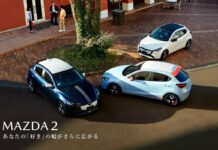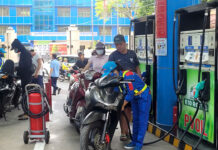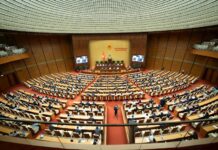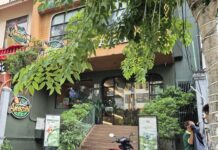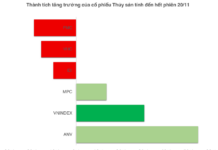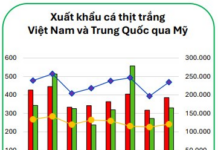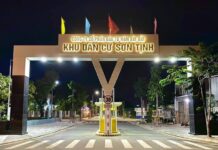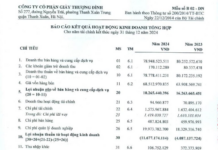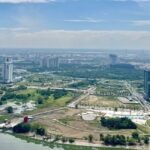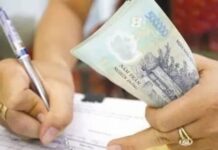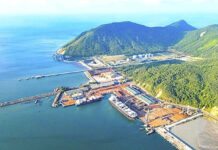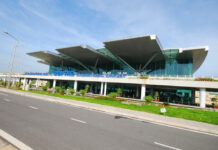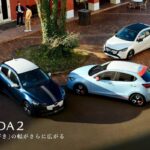On August 22, at the seminar ‘Emission Reduction, Air Purification’ organized by Thanh Nien Newspaper, Mr. Le Thanh Hai – Director of the Consulting and Application Center under the HCM City Institute for Development Studies (HIDS) – said that the project to switch two-wheeled vehicles from gasoline to electric for all ride-hailing drivers is being finalized and will be submitted to the HCM City People’s Committee in September.
According to Mr. Hai, the transition brings numerous benefits. For drivers, it means reduced costs and improved health due to limited exposure to smoke and noise when riding for over 10 hours daily. For the community, it contributes to reduced emissions and noise pollution, and for the nation, it fulfills the commitment to decrease emissions in the transportation sector.
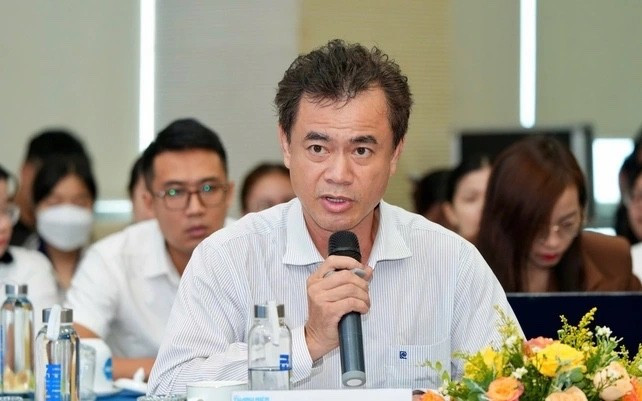
Mr. Le Thanh Hai – Director of the Consulting and Application Center, HCM City Institute for Development Studies
HIDS envisions that by 2026, 30% of ride-hailing and delivery vehicles will have made the switch. The program will continue until the end of 2027, with the goal of achieving an additional 50% of drivers making the transition. “The year 2027 is crucial,” emphasized Mr. Hai, “as the city will combine social policies with policies for green transportation.”
Mr. Hai also shared that the project proposes for Ho Chi Minh City to allocate approximately VND 50 billion to support 10,000 – 15,000 poor, near-poor, and low-income drivers. Each driver will receive support of VND 3-5 million as a down payment for the first installment (equivalent to 25% of the vehicle’s value). From the savings on gasoline costs, drivers can continue to pay installments for the remaining amount.
By 2028, the support policy will be reduced, offering only preferential loan packages to encourage drivers to purchase electric vehicles on installment. The policies for exempting registration fees and value-added tax for drivers buying electric vehicles will be discontinued. The principle applied is that “the earlier the transition, the greater the benefit.”
Notably, from January 1, 2029, the policy will not permit two-wheeled gasoline vehicles to provide transportation and delivery services on any platforms.
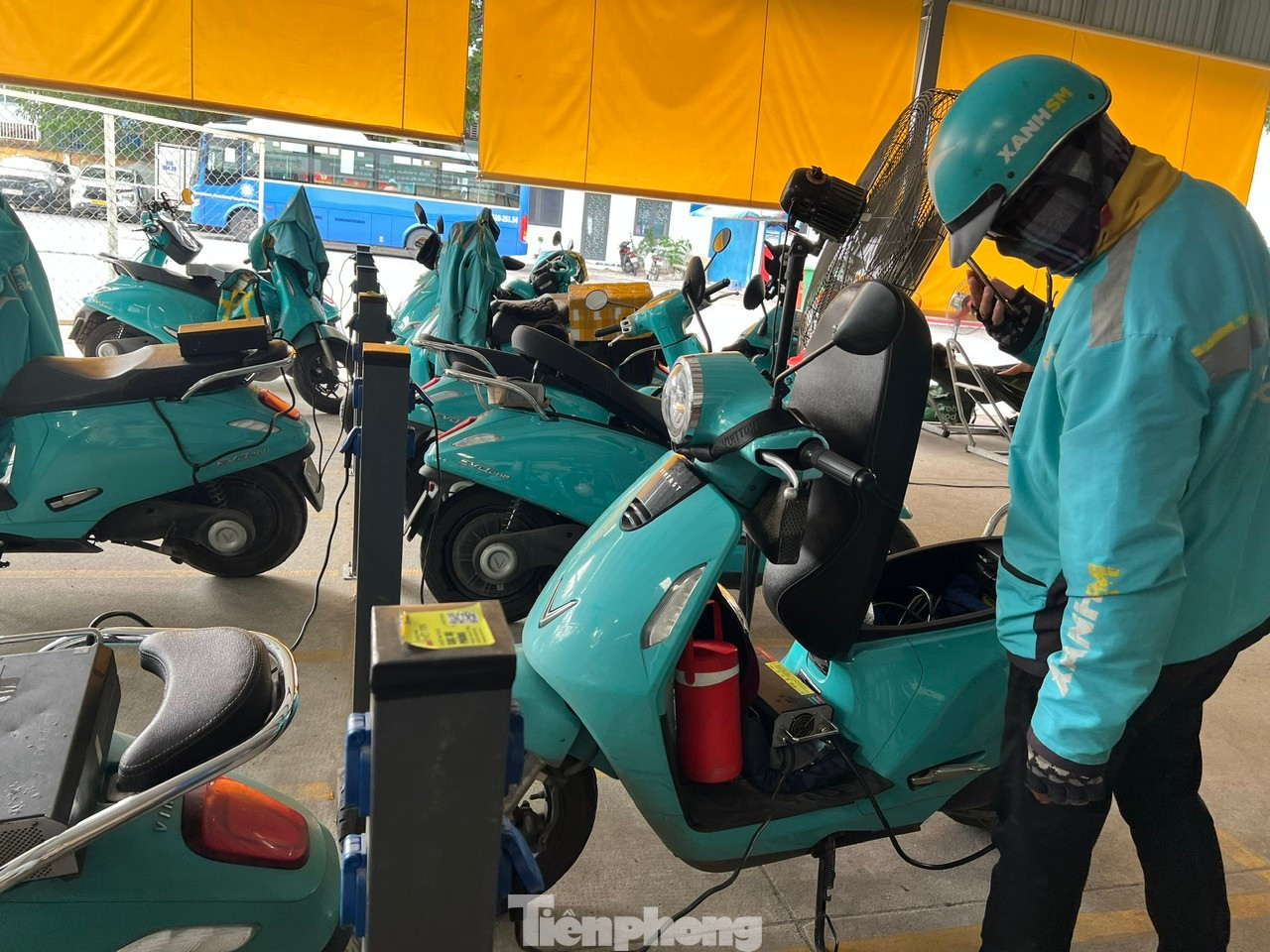
From January 1, 2029, Ho Chi Minh City will not allow two-wheeled gasoline vehicles to provide transportation and delivery services on any platforms.
“With the proposed transition roadmap, we are finalizing and submitting a policy report to the HCM City People’s Committee,” said Mr. Hai. “Through this, the state management agencies will continue the roadmap to implement the policy in reality.”
Concerns and Challenges
Ms. Dang Thuy Trang, Director of External Affairs at Grab Vietnam, noted that while the majority of drivers are interested in the vehicle transition plan that Ho Chi Minh City is studying, up to 80% have never experienced electric vehicles. For them, motorcycles are not just a means of transportation but also their daily livelihood, so familiarity and efficiency in terms of kilometers and hours of operation are crucial for survival.
“The city plans to support poor and near-poor drivers with VND 3-5 million. However, among the more than 400,000 drivers operating in Ho Chi Minh City, many are from neighboring provinces and do not have a household registration in the city, making it difficult to access the support package. Bank loans are also a significant challenge as most drivers have low incomes and lack collateral or stable employment contracts,” said Ms. Trang.
Mr. Nguyen Dong Phong, Director of the Road Vehicle Emission Testing Center, Vietnam Register, shared that the current regulations do not mandate a switch from gasoline to electric vehicles but rather a transition to green and clean energy with zero emissions.
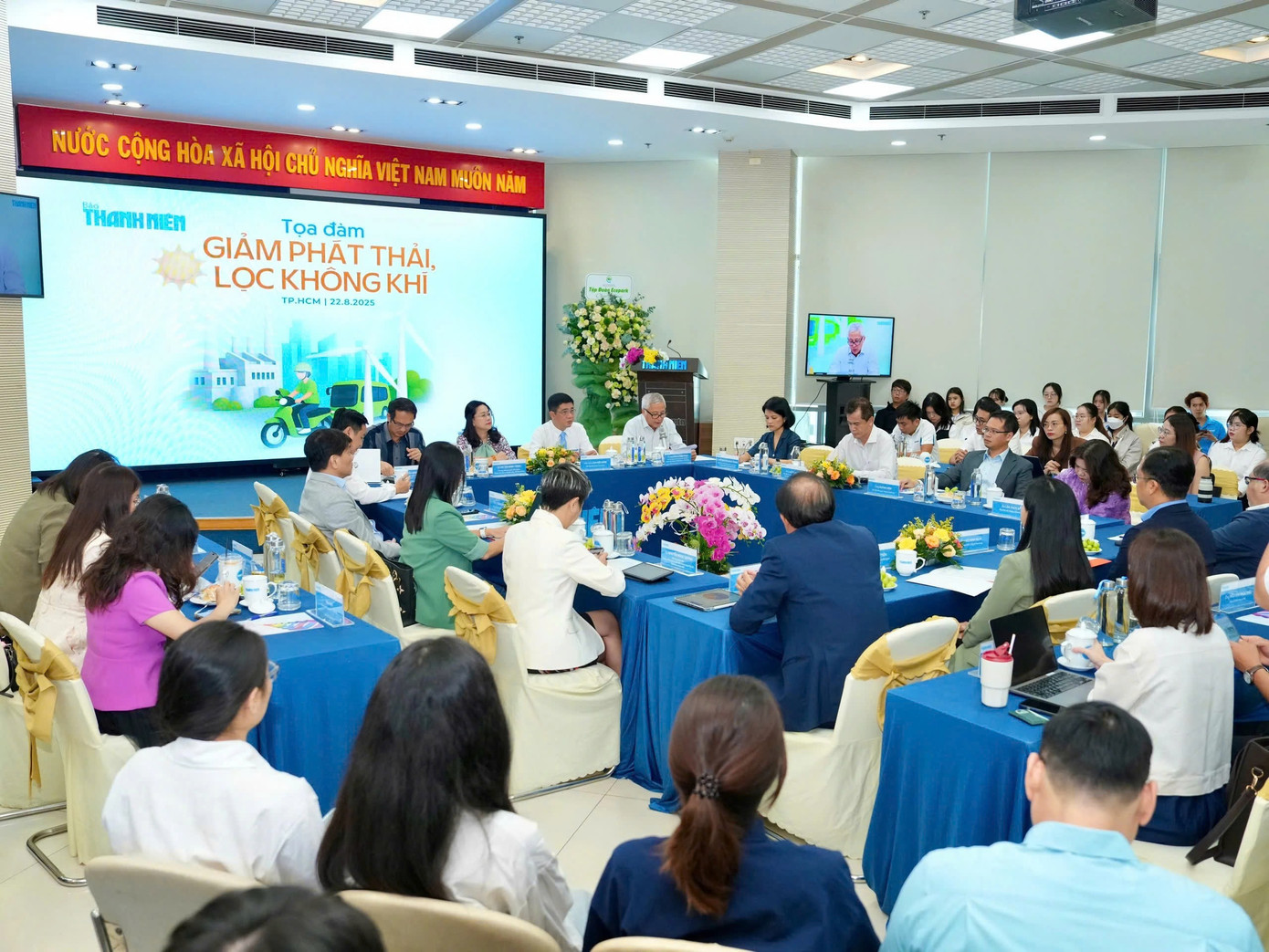
A panorama of the seminar.
However, in reality, apart from electric vehicles, other alternative fuel vehicles are not yet popular. In other words, at present, only gasoline and electric vehicles are the main options. Therefore, this transition raises many concerns and worries.
The Secret Revenue Stream Propelling Ho Chi Minh City to ‘Superstar’ Status
“Ho Chi Minh City’s merger with provinces boasting robust budgets and substantial revenue streams from real estate, coupled with a stable foundation of tax and import-export activities, has catalyzed its economic explosion. These factors have propelled the city to surpass Hanoi and claim the top spot in the country for budget revenue during the first seven months of this year.”
“The Billionaire’s Vision: Saigon Marina IFC – A Hub for Financial Institutions, Tech Giants, and Logistics Experts with Over 10,000 Professionals Working Daily.”
“The inauguration of Saigon Marina IFC is a pivotal moment for Ho Chi Minh City’s aspirations to become an international financial hub. This milestone event, witnessed by government leaders, the State Bank of Vietnam, and HDBank, signifies the city’s embrace of a new era of integration, innovation, and global capital attraction.
“Ho Chi Minh City Reassesses Land Prices for Three Build-Transfer Projects in Thu Thiem New Urban Area”
The three build-transfer (BT) projects in the Thu Thiem New Urban Area are undergoing a land value reassessment by the People’s Committee of Ho Chi Minh City. These projects, which were under the inspection of the Government Inspectorate, involve a reevaluation of the land already compensated to the investors.

